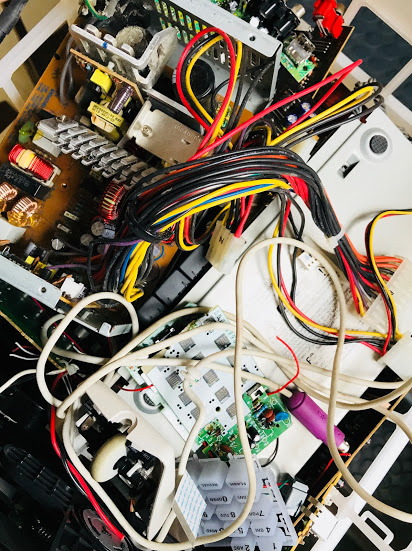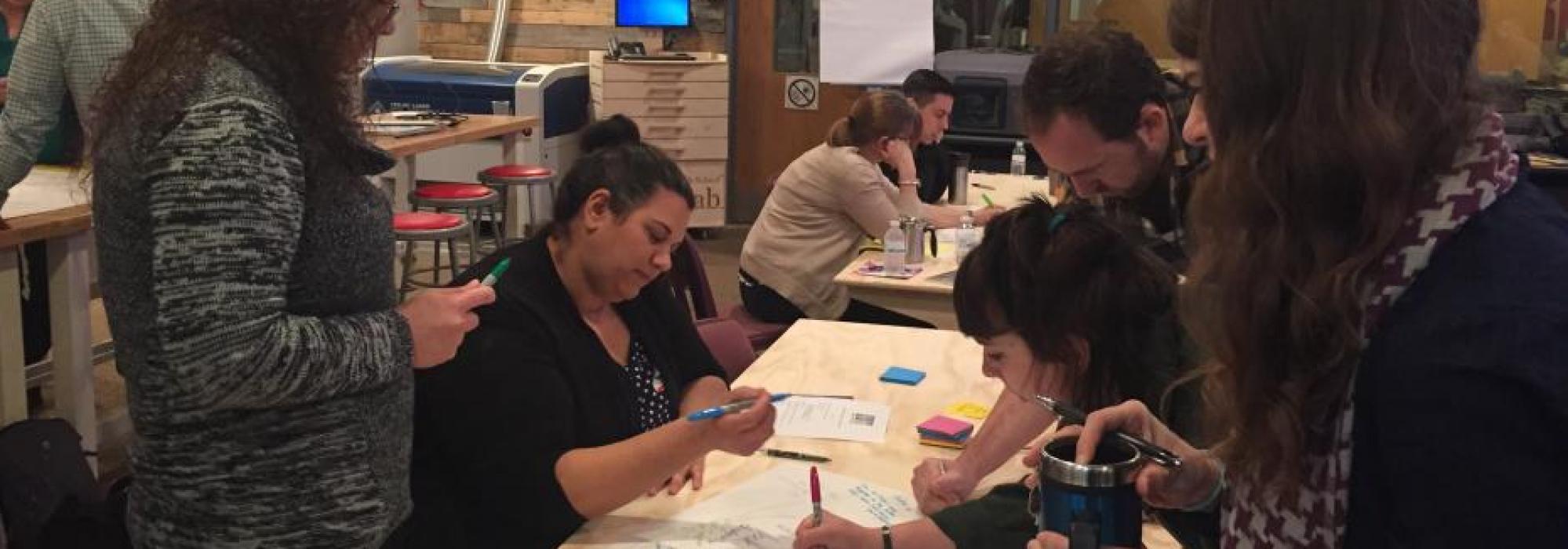
Building a Maker Educator Learning Community in Pittsburgh
Guest Author Jeff Evancho, the Project Zero Programming Specialist at the Quaker Valley School District, describes the process of establishing the Pittsburgh Maker Educator Learning Community, including the community’s interest in developing documentation and assessment strategies for the maker-centered classroom.
Pittsburgh, Pennsylvania has a long-standing history of representing what it means to be a maker, and more importantly, a maker community. The industrial revolution established Pittsburgh's maker community within a landscape of steel mills driven by a rugged blue-collar work ethic. Fast forward to the present—our steel mills may have disappeared but our maker spirit is stronger than ever. Pittsburgh is currently immersed in yet another renaissance—redefining itself in and through its maker DNA. This cultural rebirth is fueled by a global economy, the emergence of a thriving tech industry, and a growing culture of entrepreneurialism that is firmly-rooted in that gritty maker mindset.
The transformation of a city through a maker culture has extensive implications for education throughout the region. Catalyzed by the Remake Learning Network, Pittsburgh has emerged as a national leader in educational innovation. Recently, a network of makers, known as the Pittsburgh Maker Educator Learning Community, worked with Agency by Design to explore the application of the research team’s framework for maker-centered learning in our community. As with the current phase of AbD research, our purpose is to develop documentation and assessment strategies that surface signs of learning as they may be observed within the maker-centered classroom.
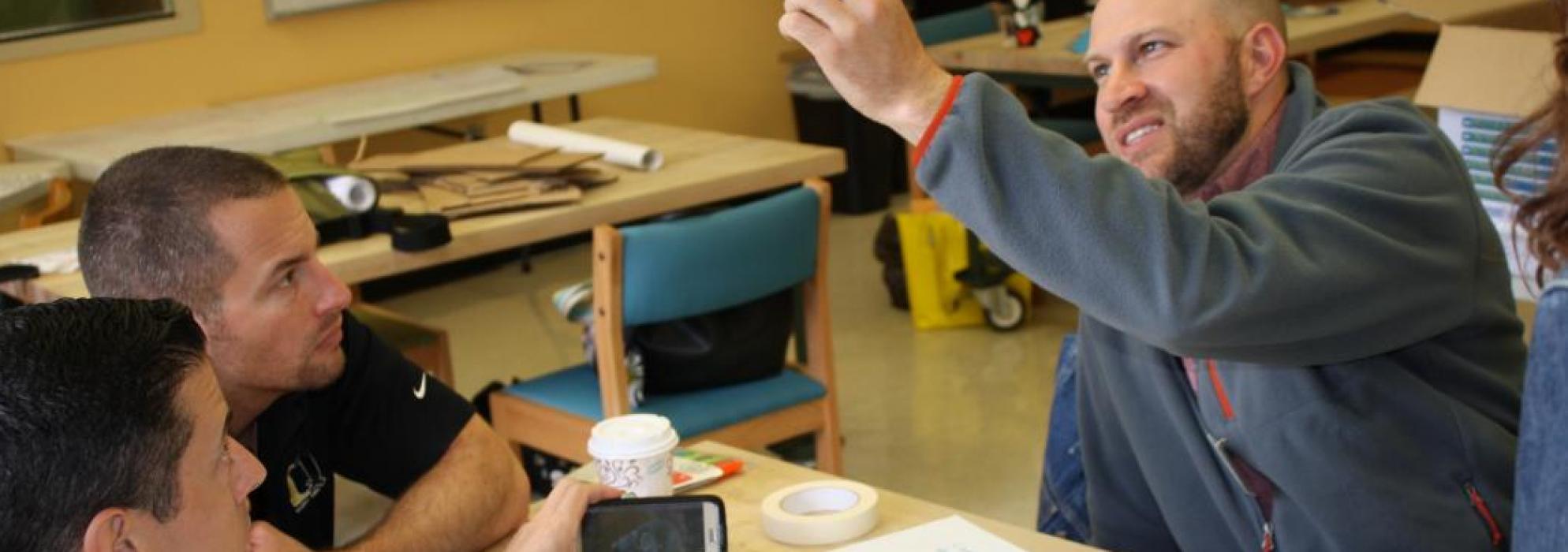
A Tale of Two Maker-Centered Stories
Pittsburgh's maker history can be told through two different maker education stories. These stories are represented by both formal and informal education. Here in Pittsburgh we have rich maker experiences happening in our informal settings, i.e., museums, public libraries, and other community spaces. Additionally, a different but related story can be told from the perspective of our more formal in-school maker education settings.
Recently several schools in our area began to build makerspaces to mirror some of the informal settings. However, many of these schools lacked the appropriate methods to connect their new spaces and tools to robust learning outcomes. While it is now clearly evident that positive learning is happening in both our formal and informal maker-centered learning environments, it is also evident that there are differences between the two settings. With these two stories at play, many of us began to notice that those representing formal and informal learning environments didn’t have the opportunity to work together to develop mutual understandings of maker-centered learning. As a result of this realization, with the support of the Grable Foundation, the Remake Learning Network and Agency by Design research team helped us pilot a learning community to bridge this gap of communication.
Establishing the Pittsburgh Maker Educator Learning Community
The Pittsburgh Maker Educator Learning Community was intentionally designed to connect educators from diverse maker-centered learning environments for the purpose of developing mutual understandings of their work. With guidance from Agency by Design and the Quaker Valley School District, my thought leader partner Megan Cicconi and I created a learning community comprised of educators from 11 organizations throughout the Pittsburgh region. Our initial goals were to develop an understanding of Agency by Design research findings, and to utilize the AbD framework for maker-centered learning to collaboratively think about prototyping and testing assessment tools in the context of maker-centered learning.
Once our group started to meet, we quickly developed our own structure for mutual interactions within a study group setting. It became quite obvious that collegial dialogue about assessment for learning is of the utmost importance. Collectively we engaged in dialogue about the Agency by Design framework through a visible thinking routine called Chalk Talk. Focusing on the core maker capacities of looking closely, exploring complexity, and finding opportunity, we asked ourselves the following critical questions:
Why is looking closely a valuable disposition to have?
How do learners explore complexity?
What is the value in learners finding opportunity?
This process of being engaged in thinking together about the core capacities of the Agency by Design framework allowed us to collectively explore deeper understandings related to the arc of learning within a maker-centered context. The Chalk Talk thinking routine further presented us with an opportunity to talk about the core capacities and their relationship to learning from our own perspectives.
Another important component of our workshops is the expectation of our cohort members to bring an artifact of student work to each meeting. We use these artifacts to create the teacher’s perspective and to facilitate conversations about student thinking and learning. We engage in a protocol entitled looking at students' thinking to help us to surface the thinking that is present in the artifacts of student work. This technique has allowed us to shift our conversation to focus on two inter-related questions: What learning do we want to occur in our classrooms? and How might a particular maker activity facilitate that learning?
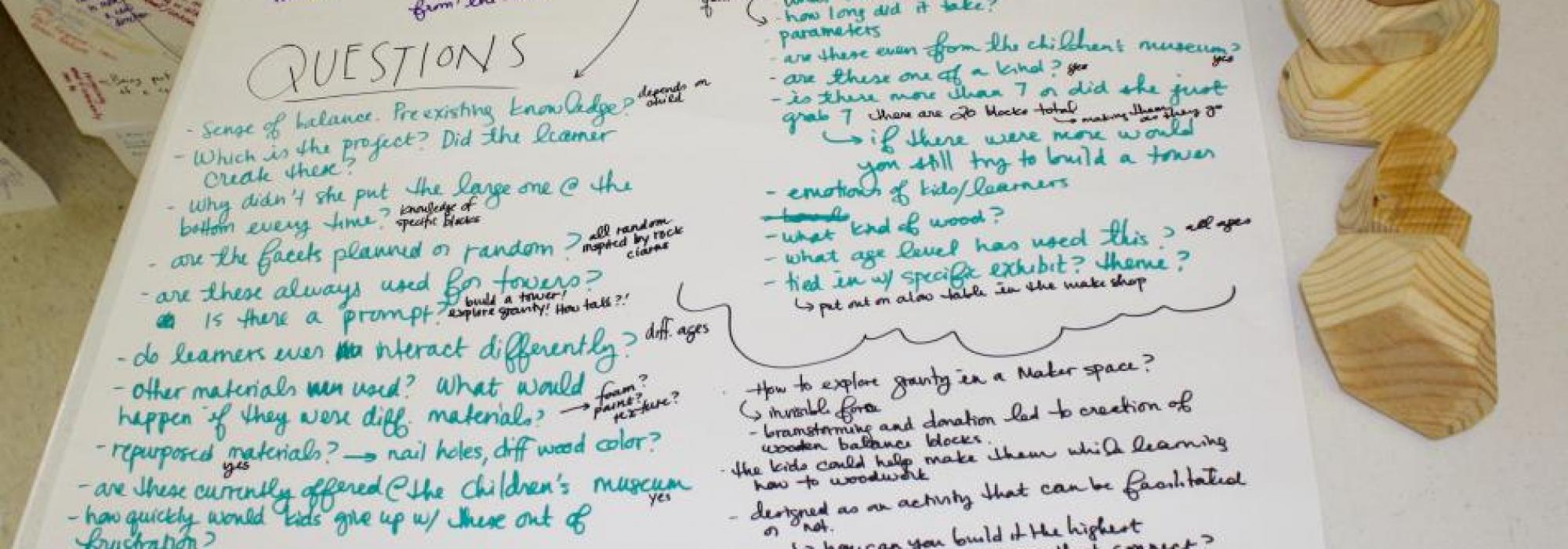
As a learning community we have continued this framework of engaging in dialogue, investigating big questions, and looking at student work for the purpose of exploring learning outcomes. This framework became our professional routine. After each workshop concluded, all participants committed to using an Agency by Design thinking routine or simply being mindful of the core capacities while facilitating instruction. And when it was time for us to meet again, each participant of the cohort came prepared with a student artifact connected to their new understanding of the Agency by Design framework. As we continued this process, all participants have developed deeper understandings of the systems-level thinking embedded in the maker-centered learning practices they have been facilitating.
Making an Impact in the Maker-Centered Classroom
Timesha Cohen, a member of our learning community and teacher from Propel McKeesport Public Charter School, has talked about the impact of her participation as positively affecting herself and her students: “My students are able to make connections between what they know and what they need to know, as well as draw conclusions based on patterns they may notice in both math and science. They have learned how to take more of a leadership role in how they think, thus making them more confident in their ability to think without my constant direction.” Additionally, Timesha has talked about her work with the Pittsburgh Maker Educator Learning Community as impacting her teaching, “In other words, it has allowed me to develop a teaching framework that allows my students the time and opportunities to develop their instinctive ability to be problem solvers and creators.”
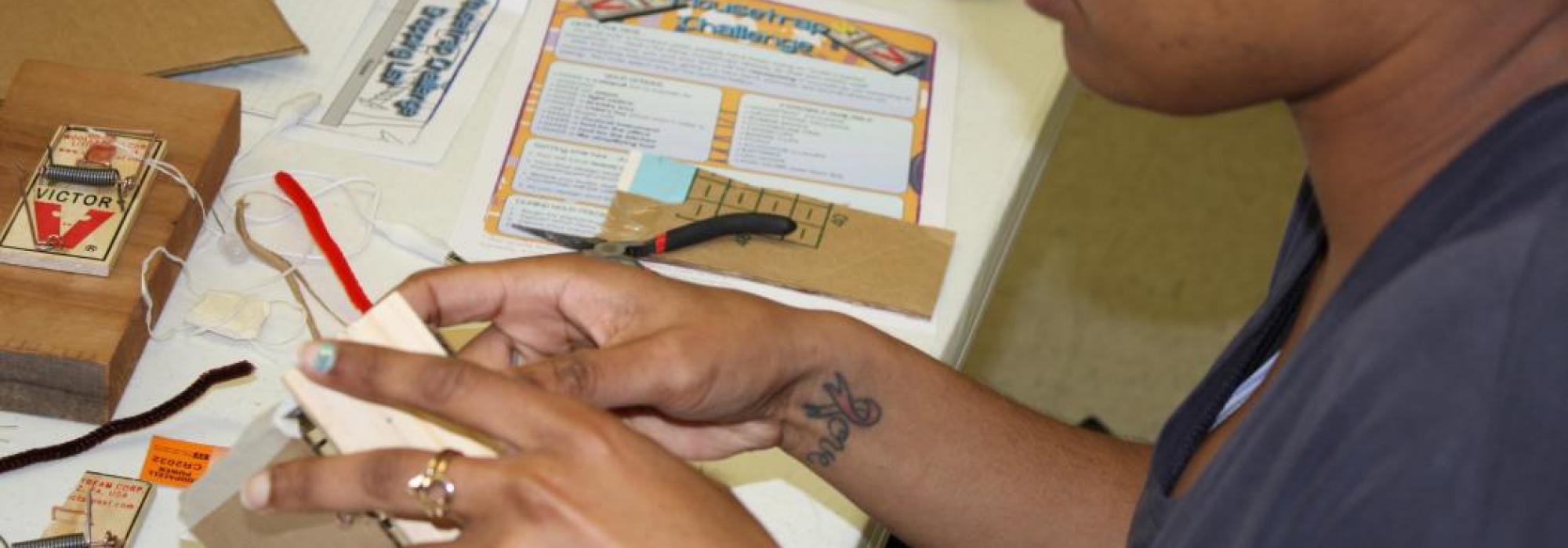
Many of the other participants in our AbD Pittsburgh Maker Educator Learning Community could likely share similar stories about how their work together with the AbD framework and educator resources has had a positive impact on their teaching and, most importantly, the opportunity for them to support student agency.
We are happy to announce that as a result of the success of our pilot experience, Cognizant Technology Solutions is now supporting the continuation and expansion of our work as a learning community. We are excited to see how our work in Pittsburgh parallels the work of the new cohort of Agency by Design Fellows in California—and how we may help contribute to the development of documentation and assessment tools for maker-centered classrooms throughout the United States and around the world.
As we move towards developing documentation and assessment strategies for maker-centered learning, we invite you to think with us about some key questions: What can be assessed within the maker-centered learning context? What is worth assessing in the maker-centered learning context? And what does maker-centered learning look like?
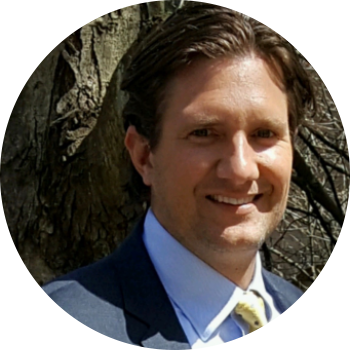
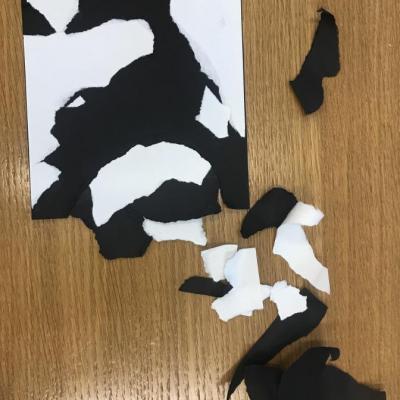


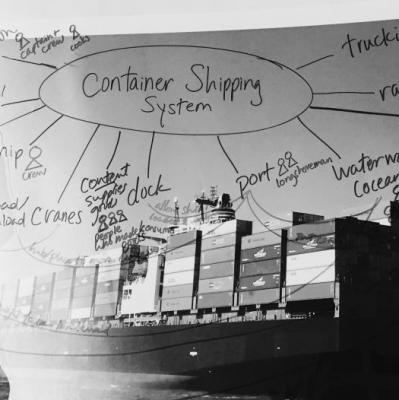
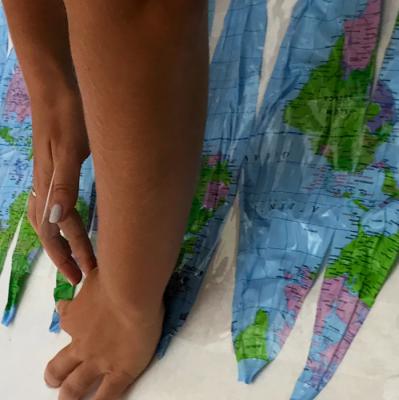
 For that matter, so are the guts of a blender or a blow dryer or an FM radio. When I first started using
For that matter, so are the guts of a blender or a blow dryer or an FM radio. When I first started using 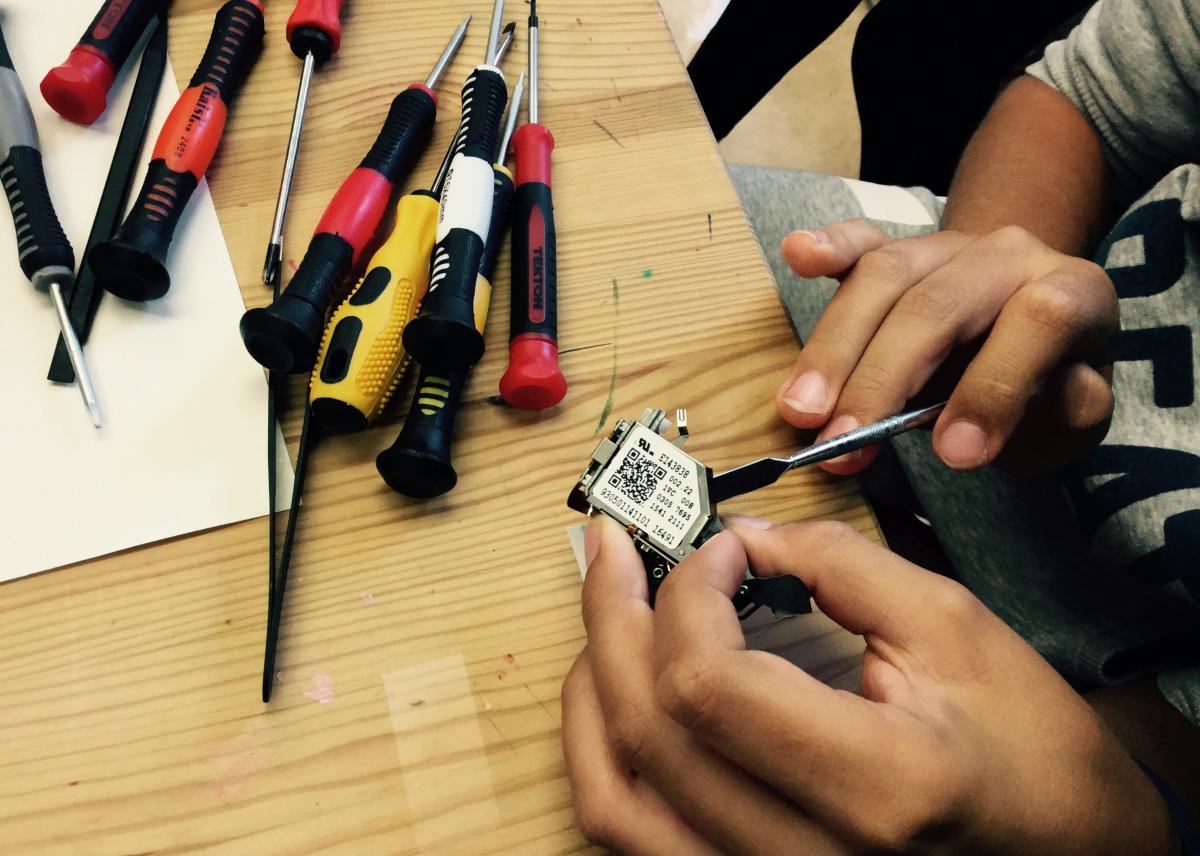 A first, essential step is looking closely—slowly observing and reflecting on the whole. One of the key requirements of a Take Apart, and one that I share with learners, is this important permission: You will not be asked to put it back together. You do not need to preserve it. Once the clock is really Taken Apart, it does not go back together, literally or conceptually. It is a plastic rain poncho that can never be stuffed back into its perfect tiny pouch. When we unpack the parts and complications of the clock—when we explore complexity—our understanding of it balloons out dimensionally.
A first, essential step is looking closely—slowly observing and reflecting on the whole. One of the key requirements of a Take Apart, and one that I share with learners, is this important permission: You will not be asked to put it back together. You do not need to preserve it. Once the clock is really Taken Apart, it does not go back together, literally or conceptually. It is a plastic rain poncho that can never be stuffed back into its perfect tiny pouch. When we unpack the parts and complications of the clock—when we explore complexity—our understanding of it balloons out dimensionally. 